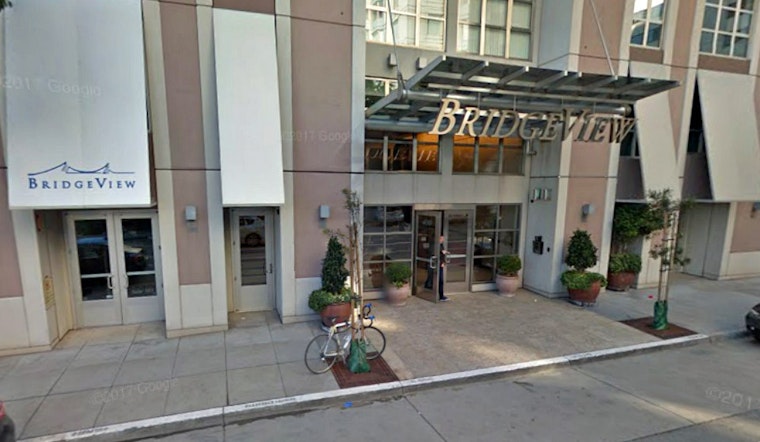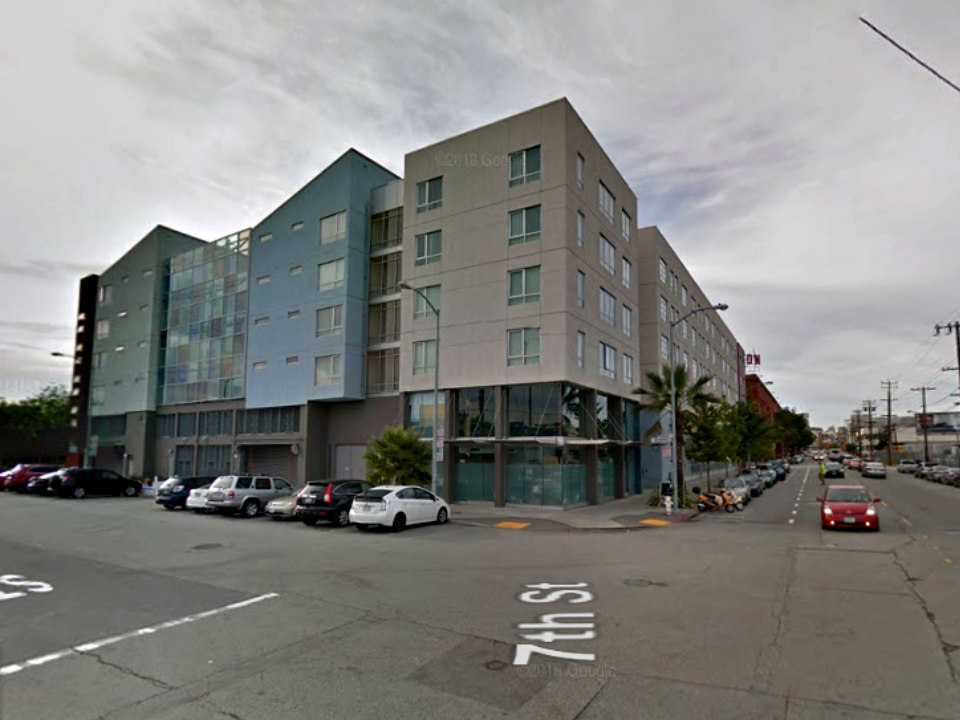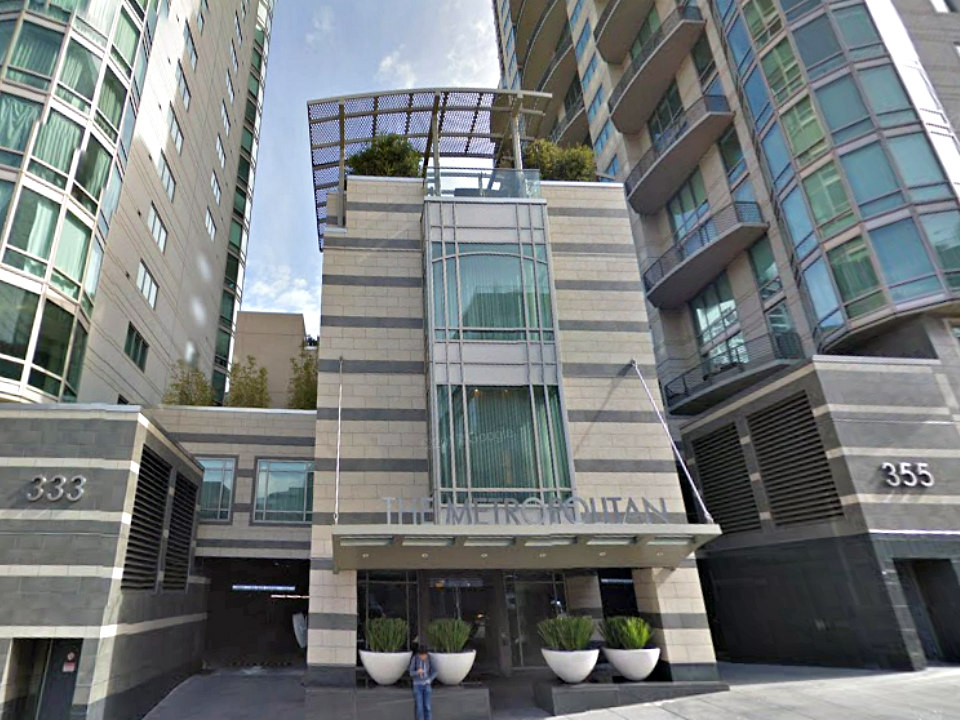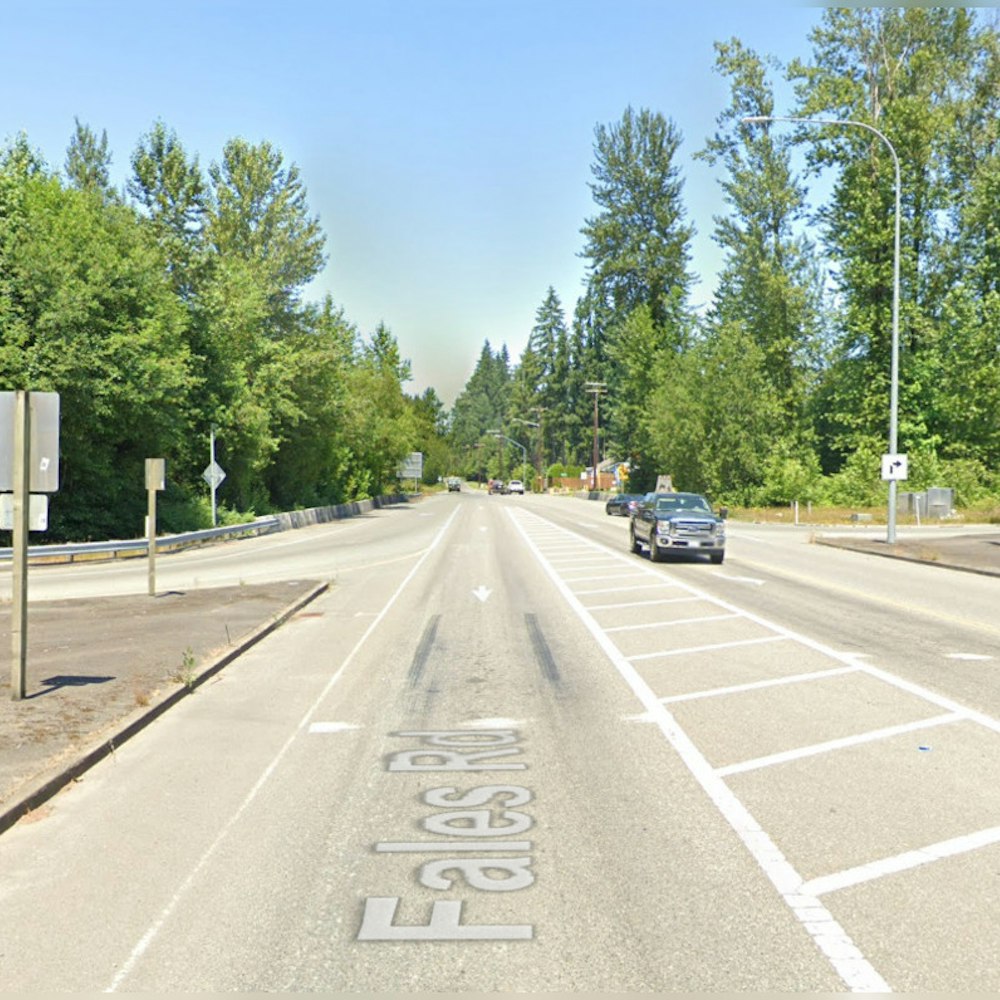
Yesterday, the City Attorney’s Office filed lawsuits against two people for allegedly defrauding the city’s affordable housing system.
The first lawsuit is against Catherine C. Bailey, who bought a below-market-rate (BMR) condo in 2008 and signed an affidavit stating she wouldn’t rent the property to another tenant without the city's approval.
A few months after purchasing, however, Bailey began renting out the one-bedroom condominium without telling the city for more than eight years while she lived elsewhere in California. According to the City Attorney’s official statement, Bailey collected $2,400 a month in 2016 from her tenant.
Last September, Bailey’s homeowner’s association alleged her tenant was being disruptive, which led Bailey to respond in writing that she owns the unit, but rents it out because she doesn't live in San Francisco.
"If you can show me proof that my tenant is involved in illegal activity or has damaged anything in the common area, I will be happy to evict him," Bailey wrote. Late last year, she started eviction proceedings.

“These units are public resources. They give low- and middle-income people who need them a place to live,” City Attorney Dennis Herrera said of Bailey’s case. “They’re not investment properties for an out-of-town landlord to profit at the expense of working San Franciscans.”
A second lawsuit is being brought against Rita Zakhrabova, a Human Services Agency employee who the city alleges violated affordable housing rules by purchasing two BMR units, one on Beale Street in 2002 and a second on First Street in 2005.
To purchase the second unit, Zakhrabova allegedly failed to disclose a list of assets and didn’t claim her other BMR unit, claiming she was a first-time home-buyer.
“These defendants are illegally profiting from San Francisco’s limited stock of affordable housing,” Herrera said. “Their unlawful activity has denied law-abiding and deserving households the chance to live in units designated for low- and moderate-income San Franciscans.”

The city’s Inclusionary Affordable Housing Program requires developers to set aside a certain number of units to be sold to low- or middle-income households at BMR rates to help retain residents of all incomes.
Qualified first-time home-buyers hoping to buy a BMR unit first enter a citywide lottery to purchase one of these properties, but they must adhere to restrictions and conditions set forth by the city.
Both lawsuits seek a court order that would force these property owners to comply with the law or sell their properties to a qualified low-income household. Hererra's office is also seeking attorney’s fee, enforcement costs, penalties up to $2,500 for each unlawful action, and at least $200 a day for violations of the Planning Code, which could generate hundreds of thousands of dollars in penalties for both defendants.
“We are doing everything we can to stem the tide of San Francisco’s affordable housing crisis,” Herrera said. “When people try to game our affordable housing system, they keep homes out of the hands of those who truly need them. We’re putting a stop to that.”
Since the beginning of May, Herrera has settled a federal lawsuit with Airbnb and HomeAway, requiring hosts with the two companies to register with the city and has gone after Anne Kihagi, one of San Francisco's most "lawless landlords," for unlawful evictions.









-1.webp?w=1000&h=1000&fit=crop&crop:edges)